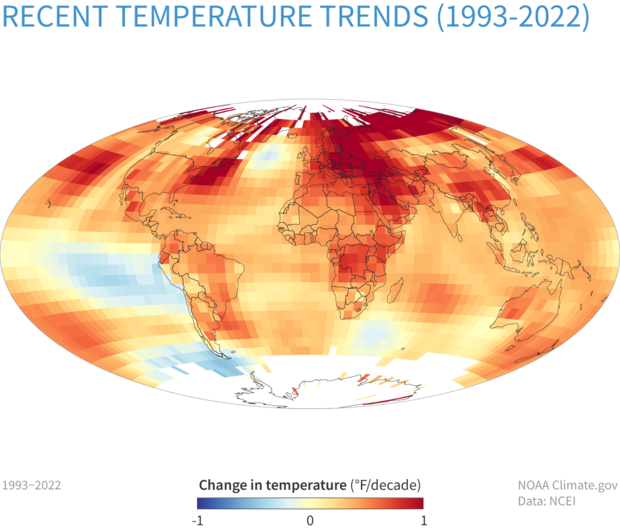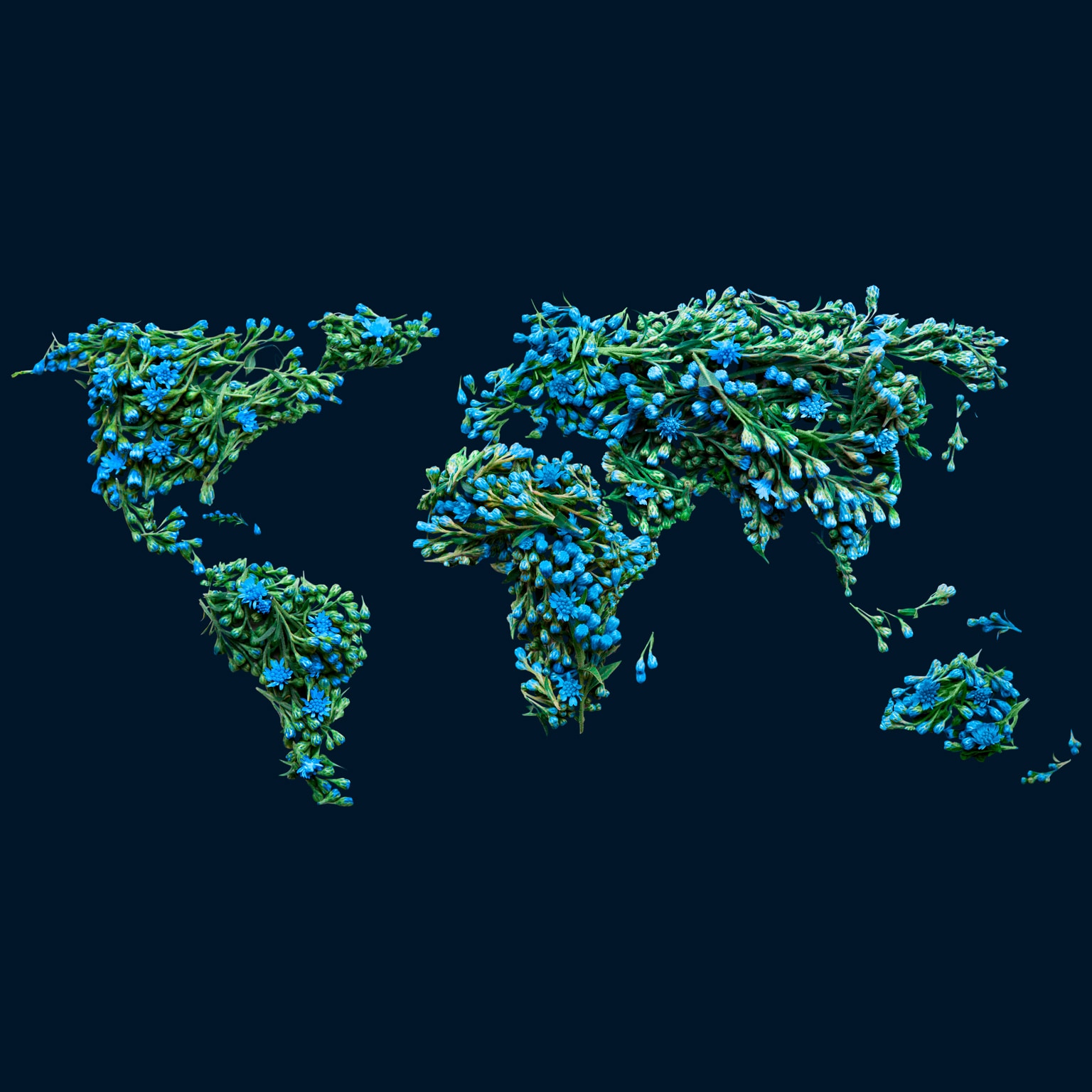The $100T Problem

When the quote arrived for what it would take to prevent climate change, it shook everyone. $100T with a capital T (some estimates even higher).

To put that in perspective:
- The United States GDP is $23.2T,
- The market cap of the largest company in the world, Saudi Aramco is $2.09T, and
- The market cap of Bitcoin is $573.1B.
- A respectable Silicon Valley VC fund is $500M
The increase in spending per year above what we are currently spending on physical assets is illustrated below.


The First Step: Respect the Problem
The point here is that we are faced with a global problem that has outgrown our ability to "throw money at it to solve". This price tag for solutions begs many questions:
- Can we even afford this?
- Who's fault is this?
- Who is going to pay?
- Will the world budget and spend this amount?
- If we even allocate spending here, will the funds be put to good use?
The future where the world continues at its current pace looks bleak and the odds of reaching net-zero by 2050 are extremely low. Venture capitalist John Doerre characterizes the situation very well:
We have never reduced greenhouse gas emissions on our planet ever. They have only gone up. And there’s no reverse gear. We can not un-emit them once they’re there. And they're in the atmosphere for thousands of years, wreaking havoc on the world we live in.
So the engineer in me says, “no, we’re screwed”
The optimist in me says, “We’ve got exactly as much time as we need to solve this problem.”
Embracing the Paradox
To even start a conversation, we have to accept the reality of the situation and suspend our pre-conceived notions of what a solution can look like. The best ideas are going to come from those that are pessimistic about the reality, yet hopeful and optimistic about the future and solutions. This very paradox will feel uncomfortable psychologically, but it's part of being human.
The greatest fundamental truths tend to be guarded by paradox. This state of paradox where we acknowledge the reality pragmatically, but work for better optimistically will give us the will to move forward accountably with results.
Lessons from the Atomic Age
Humanity has always struggled with existential threats, yet somehow we keep going. After the Manhattan Project and invention of the Atomic Bomb, no day goes by where mankind is completely safe. Who would've bet we, as a species, would've prospered 80 years later? The Atomic Bomb was a triumph of our ingenuity in the physical sciences yet the policy, the diplomacy, and the leadership lessons after we opened Pandora's box is a testament to how powerful our humanity was.
More impressive than the bomb was what we discovered when we journeyed inward: to the heart of who we are. With the power of planetary death at the press of a button, what did we learn about ourselves?
We proved ourselves capable of peace for the sake of survival.
We proved that this quest for militaristic absolute power was an illusion, a crutch for the lackings of our own spirit. True power came from the discipline of restraint.
True Power
We proved that when confronted with grand challenges, we can go deeper into ourselves to find a way to survive and move forward.
This brings out the best in us. It brings us opportunity to find courage armed with purpose. And with that deep power evinced from our soul, we have what we need to aspire for greatness.
If we've learned anything from experience, naively dismissing problems can allow problems to grow out of hand, yet sustained pessimism in the face of Armageddon will leave us without the spirit to dare to conquer the odds.
Concluding Thoughts
This challenge of transitioning to net zero by 2050 tests our capacity as human beings.
In the face of overwhelming destruction, how do we find peace in ourselves everyday and even begin to move forward with thoughtful solutions?
People strive to be God through perfection and power, yet our divinity lies in our humanity. Yearning for immortality, our scarce existence gives us the power to live forever as legends.
Our deep fear of the future is the beginning of our adventure towards greater things ahead.

